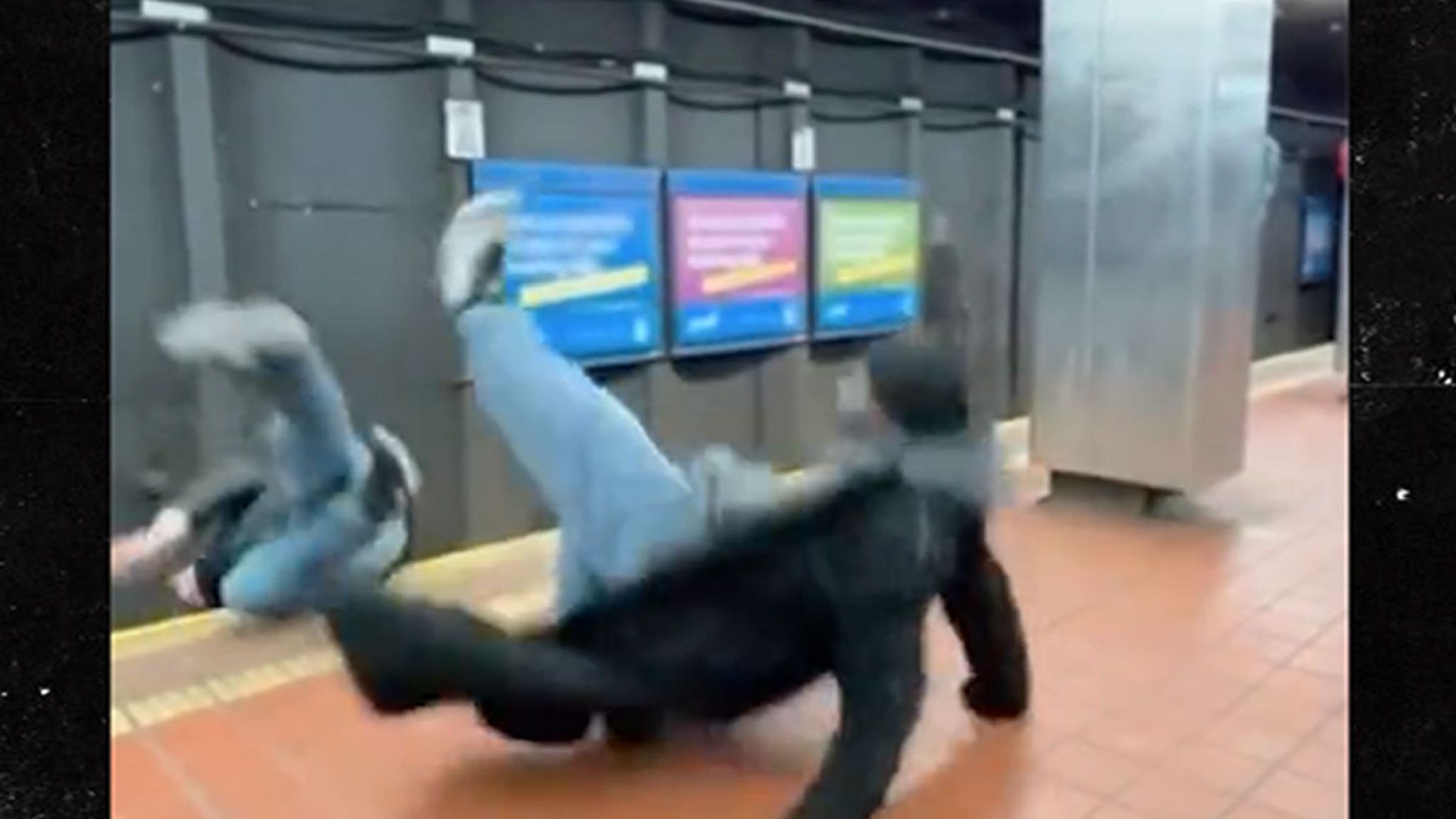BaehrTKD
Green Belt
Taking a stab at the original question.....
I've been in three real street fights in my life.
***"Age advantage" as I define it for the purposes of my comment alone is to "be at an age where the age is to your benefit and not your adversary". Example: It's better to be 16 than 10, but it's not better to be 50 than 25. So "age advantage" is directly related to a human being's prime years.
My knowledge in Taekwondo and Hapkido proved effective in 2/3 of the fights. In the third fight it got into grappling and I got overpowered by a guy who was twice my strength. The first fight was primarily striking, and the second fight was only striking. One of the fights was also a semi-2-on-1 because the GF kept interfering to give her guy recovery time.
People often use the phrase "99% of fights ends up on the ground" (or whatever it is), but from what I've seen (MY OPINION), most fights end with pure striking because it often never gets to a wrestling match / grapple. One solid punch typically ends the fight. (I'M NOT GOING TO ARGUE OR DEBATE MY OPINION. IT'S MY OPINION BASED ON THE THOUSANDS OF REAL WORLD FIGHTS THAT I HAVE WATCHED ON YOUTUBE, TV, AND SEEN IN REAL LIFE.)
It is MY OPINION that any traditional martial arts system (which I define as Kung-Fu, Karate, Judo, Taekwondo, Hapkido, Aikido, Jujitsu, Boxing, AMATEUR wrestling, and others I apologize for missing in advance) prepares you well for real life fights because it is the PHYSICAL CONDITIONING obtained from regular training that is most important. The blocks and strikes and stances are largely equivalent, and so an expert Kung-Fu student will do well in a fight just as an expert Taekwondo student will and so forth.
I've been in three real street fights in my life.
- In all three cases my opponent was taller than me.
- In 2/3 of the fights, my opponent was stronger than me.
- In 2/3 of the fights, my opponent had an age advantage over me*** (see below)
- In 2/3 of the fights, my opponent had friends and/or GF with him or both.
- In all 3 of the fights, the other person initiated the confrontation.
***"Age advantage" as I define it for the purposes of my comment alone is to "be at an age where the age is to your benefit and not your adversary". Example: It's better to be 16 than 10, but it's not better to be 50 than 25. So "age advantage" is directly related to a human being's prime years.
My knowledge in Taekwondo and Hapkido proved effective in 2/3 of the fights. In the third fight it got into grappling and I got overpowered by a guy who was twice my strength. The first fight was primarily striking, and the second fight was only striking. One of the fights was also a semi-2-on-1 because the GF kept interfering to give her guy recovery time.
People often use the phrase "99% of fights ends up on the ground" (or whatever it is), but from what I've seen (MY OPINION), most fights end with pure striking because it often never gets to a wrestling match / grapple. One solid punch typically ends the fight. (I'M NOT GOING TO ARGUE OR DEBATE MY OPINION. IT'S MY OPINION BASED ON THE THOUSANDS OF REAL WORLD FIGHTS THAT I HAVE WATCHED ON YOUTUBE, TV, AND SEEN IN REAL LIFE.)
It is MY OPINION that any traditional martial arts system (which I define as Kung-Fu, Karate, Judo, Taekwondo, Hapkido, Aikido, Jujitsu, Boxing, AMATEUR wrestling, and others I apologize for missing in advance) prepares you well for real life fights because it is the PHYSICAL CONDITIONING obtained from regular training that is most important. The blocks and strikes and stances are largely equivalent, and so an expert Kung-Fu student will do well in a fight just as an expert Taekwondo student will and so forth.
Last edited:

